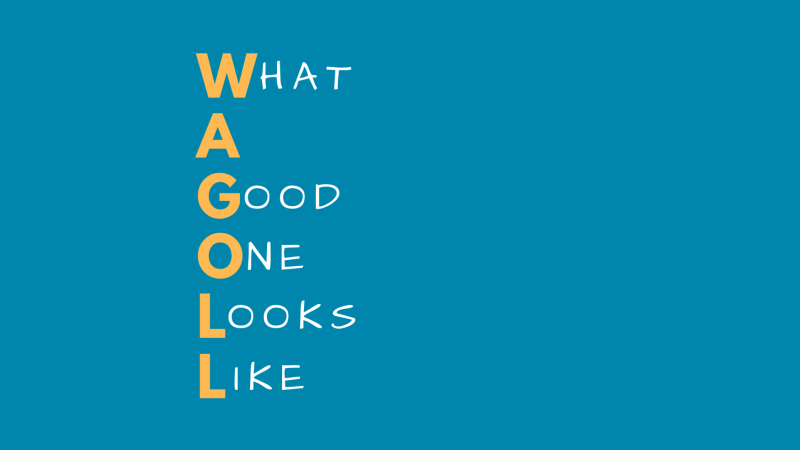What to do when a student is a great reader, but a poor speller

What’s the best plan of attack when a star student suddenly plateaus, asks Abigail Steel…

Meet Alice. When Alice started school she already knew how to write her name. She could hold a book the right way round, carefully turning the pages as she retold the story.
Alice greatly enjoyed school, especially when she earned gold stars. Her eyes lit up whenever she spent time in the book corner. You could say that Alice thrived at school; she loved it. She was a natural, able learner and consistent high achiever.
Contrast Alice with Cole. Cole took a while to get going with school. When he first started he found it fun but restrictive. He wanted to play in the sand, not sit at a desk. He struggled to keep up and found learning to read a laborious process. Cole wasn’t a natural, able learner. His achievement and progress were distinctly average.
When Alice and Cole reached KS2, something strange happened. Cole was still an average achiever but continued to make progress at a slow and steady rate. However, Alice’s progress suddenly plateaued. Her reading level was far beyond age-related expectations but her spelling was diabolical.
What was going on? Why couldn’t Alice spell? Why were her reading and spelling abilities so out of kilter? Why had her progress stalled?
Alice’s problem was that she hadn’t ever needed to work hard at anything in the past. Reading came so naturally to her.
During her school life, she had never struggled; never needed to think about how to do something difficult. She was one of those children who hadn’t needed to be explicitly taught phonics to be able to read. She had coasted along without challenge until she reached her natural ability ceiling and now she was stuck.
If a word wasn’t embedded in her visual memory as a result of her extensive reading habit, she had no viable strategy to spell it.
Cole found very early on that he needed to work hard in order to learn and listen carefully to the strategies his teachers taught him. He benefited from being taught using a systematic synthetic phonics programme.
He needed to practise his reading and spelling skills many, many times before they became secure. He made spelling errors, but he could make a sensible attempt at any word he put his mind to.
The good news is that when we recognise children like Alice in our class, we can do something to help them before they reach KS2, as well as once they are there. Here are some tips.
How to boost high achievers’ spelling skills
- Be transparent with children about the complexities of spelling. From the first day of Reception, talk openly about the concept that sounds can be spelt in different ways. Imagine the impact on Alice if in her very first phonics lesson she had learnt that the /s/ sound could not only be represented by the letter ‘s’ (she already knew this from nursery anyway), but that it could also be spelt as ‘ce’, as in her name.
- Always provide children like Alice with challenge. If they already know the letters and sounds in your lesson, don’t allow them to coast. Introduce more ambitious vocabulary, longer words and more spelling patterns.
- Use the child’s strength and interest in reading. Provide activities that involve locating and retrieving words and spelling patterns from reading books and texts.
- Check their spelling skills. Pinpoint specific difficulties so you can precision teach to fill the gaps. Can she hear the individual sounds in words (oral segmenting)? Does she struggle to recall which spelling alternative to use because she is missing phonics code knowledge?
- Practise spelling skills a lot. Spelling in the English language is incredibly difficult and children need lots of practice to conquer it. Introduce lots of different activities to increase the use of spelling skills. Examples include teacher-led dictations, building word banks and creating mini stories that focus on a bank of words with the same spelling pattern.
- Get your classroom ethos right. Sometimes able children are reluctant to tap into the range of vocabulary they have because they know that they are likely to spell words incorrectly and don’t like to ‘get thing wrong’. Children need to know that spelling is difficult for all of us – even adults have to work at it. It’s OK to ask for help or use a dictionary.
Abigail Steel has been a qualified primary teacher since 2003 and an independent education consultant and author since 2011. She is co-author of Letterland’s new Spelling Stations. Find her at letterland.com and on Twitter at @abigail_steel.










